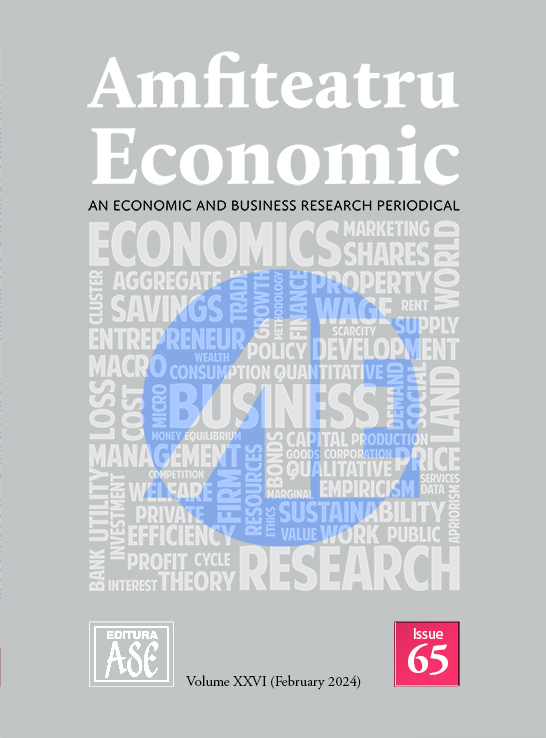Quantitative Evaluation of Willingness to Use Artificial Intelligence within Business and Economic Academic Environment
Quantitative Evaluation of Willingness to Use Artificial Intelligence within Business and Economic Academic Environment
Author(s): Daniela Șerban (Cojocaru), Silvia Elena CRISTACHE, Narcisa Georgeta Ciobotar, Laurenţiu Gabriel Frâncu, Jiries MansourSubject(s): Business Economy / Management
Published by: EDITURA ASE
Keywords: Artificial intelligence; AI advantages; AI disadvantages; education; university; research; teaching; evaluation;
Summary/Abstract: The article analyses the state of awareness, use, and willingness to use artificial intelligence (AI) in business and economic universities, according to Romanian academics. It is also highlighting the main consequence of AI use in economic and business university education, with the aim of identifying an appropriate framework for the regulated implementation of AI systems in economic universities in Romania. The study aims to identify the advantages, disadvantages, and the willingness to use AI on the teachers’ personal initiative in research, teaching, and evaluation activities. The method of analysis used is quantitative, by managing an online questionnaire to which Romanian academic teachers familiar with AI in education responded. Data processing is carried out using Smart PLS, which allows the identification of statistical relationships guiding the perspectives of the use of AI in economic education in Romania. The sample represents a normal volume pilot sample. The results of the study are useful because they identify aspects that can optimise the research and education processes, as well as teaching, evaluation, and learning, to meet the increasing dynamics of AI use in the economic academic environment in Romania. The academics’ views on the advantages associated with the use of AI systems and their proposed solutions to maximise the advantages of AI use in research, teaching, and evaluation activities are also highlighted. All of this contributes to the development of a framework for the implementation of AI systems in the economic and business education in Romania. Results indicate an early stage of AI use and integration in the activities of academics from the analysed universities: AI is predominantly used for the evaluation of students, which can be done automatically. The availability of academics to use AI in teaching and research is low.
Journal: Amfiteatru Economic
- Issue Year: 26/2024
- Issue No: 65
- Page Range: 259-274
- Page Count: 16
- Language: English

